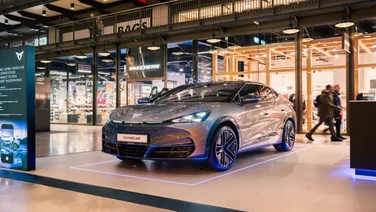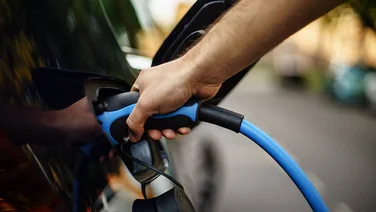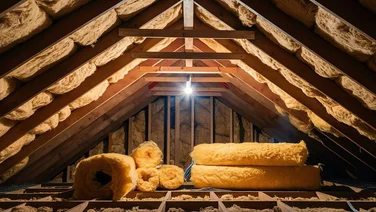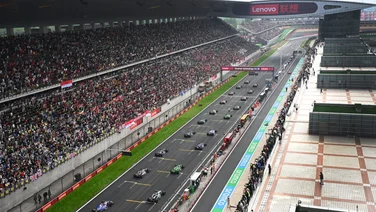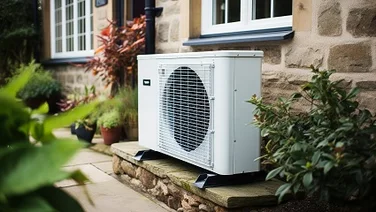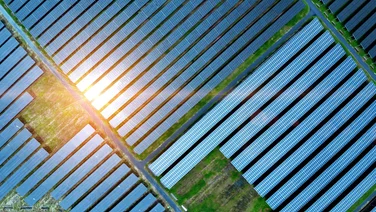- The Ecodan R290 heat pump now comes in 8.5kW, 10kW and 12kW sizes
- With a 75°C hot water output, it ranks high in our list of the best air source heat pumps
- The Ecodan R290 also excels at quiet operation and eco friendliness

Mitsubishi has added three new larger models to its flagship range of Ecodan air source heat pumps, one of the best air source heat pumps on the market.
The Ecodan R290 series now features three new 8.5kW, 10kW and 12kW models. Previously it was only available in 5kW and 6kW sizes, which may be too small to heat larger and less well-insulated homes.
The new Ecodan models deliver water as hot as 75°C, as hot as water from a conventional combi boiler. The heat pumps are also fully compatible with existing microbore pipework, so they work with most customers’ existing radiators.
Joanna Crown, product marketing manager at Mitsubishi Electric, said the heat pumps offer “a practical and sustainable alternative for a wide range of properties and have the ability to “deliver high temperatures and operate efficiently in extreme cold.”
The Ecodan is a popular choice among top heat pump installers. Two of the UK’s best heat pump installers, Puraflow and Renewafuel, work with a range of Ecodan models. Here we take a closer look at the Ecodan and its new size options.
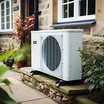
What is the Mitsubishi Ecodan heat pump?
The Ecodan is the flagship air source heat pump range from Japanese electricals giant Mitsubishi. These heat pumps are quiet, low-maintenance and have at least an A++ energy efficiency rating.
All Ecodan heat pumps are monobloc systems, which means they’re self-contained, single-unit air-to-water heat pumps. They’re installed outdoors as a single unit, and are operated remotely using the Mitsubishi app.
However, if you want to store hot water as well as fill your radiators, you will need a hot water cylinder too.
What’s special about the Ecodan R290?
The R290 is the latest heat pump in the Ecodan range, and Mitsubishi’s most environmentally friendly heat pump yet.
It uses R290 (propane) refrigerant, which achieves high water temperatures up to 75°C and has a low GWP (Global Warming Potential).
The R290 is hardy, too. While all the other Ecodan models have a minimum operating temperature of -20°C, the R290 operates in ambient conditions as cold as -25°C.
The 5kW and 6kW Ecodan R290s may not be powerful enough to heat larger homes, but the new 8.5kW, 10kW and 12kW models will.
The Ecodan R290 costs from around £4,300 to buy off the shelf for a 5KW model. That represents excellent value compared with rival heat pumps of a similar size.
Other Mitsubishi Ecodan heat pumps include the Ecodan R32 Ultra Quiet, which comes in 6kW, 8.5kW and 11.2kW models; the 5kW Ecodan R32 Compact, and the stackable 4.5kW Ecodan R744.


